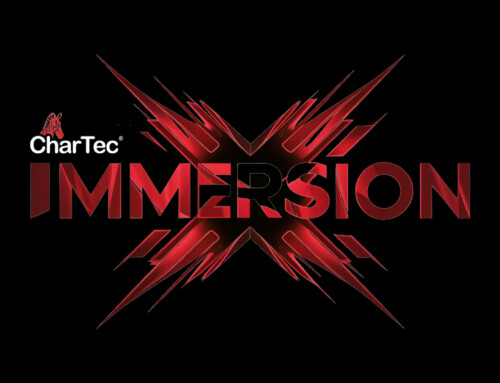A MSP Dispatcher Brings Order to the Service Desk
The typical MSP started as a one or two-man shop. It grew organically through word of mouth because of the quality of the work. Then, things got busy. You notice that you have too many break-fix clients, so it’s time to make a change. Once your MSP grew to the point where things became chaotic with service calls and tickets, it was time to hire a dispatcher to make the ticket process more structured and effective.
And you soon found out – that was the best move you could make to grow your business.
In the beginning, you might only have a handful of calls per day and one or two technicians. But once you have three or more technicians working regularly, you need a dispatcher to control the service desk. MSP technicians are there to work on tickets. They should not be interrupted by phone calls or problems they lack the skills to handle. It is the dispatcher who handles the workflow seamlessly.
ARRC and CharTec Director of Operations Dan Martin defines a dispatcher as a person who makes sure the right work is being done at the right time by the right person. He says that this is a critical role that can be thought of as a force multiplier. The dispatcher enables technicians and engineers to be more effective in their roles. It’s easy to see how this individual can make a big impact on the success of your business
.
The dispatcher is the center of the communication hub. Getting this right can be an absolute game-changer. Not only is this a crucial role, but it’s also a very challenging one. The dispatcher is the first person who answers the call from the stressed or upset customer and must speak to them calmly and empathetically. In addition, there’s the pressure of getting everything right without carrying any significant level of authority. In effect, dispatchers are the “long arm of the law for the service manager”, Martin says. The person in this role must understand what that means and how to respond effectively.
What is a dispatcher’s day like?
A typical day at many MSPs will begin with a meeting or daily huddle in which everyone discusses the day ahead. The Service Manager can set a positive tone by asking everyone to share something positive in their day. At this meeting, the discussion will focus on any major schedule changes and anything else that is coming up. A good dispatcher will take notes of all the issues they can help correct.
A big part of a dispatcher’s day is spent taking client calls. While on the call, they need to assess the situation and search for solutions. First, they need to look out for easy fixes, such as asking the client if they have tried restarting. However, dispatchers don’t get involved in live troubleshooting. You should never see a dispatcher logging into the client’s system while they’re on the phone. That is something that is passed on to the technicians. Triage, or assigning tickets to Techs, is the main function of a dispatcher.
The dispatcher also needs to distinguish which calls are quick fixes, or issues that can be resolved in under 15 minutes. One example of this is a password reset. This may not be critical in the sense that it isn’t affecting the whole company, but it is something that needs to be addressed right away. Even though it’s a simple problem, it should not be put off until the following afternoon. There may be someone on the team who is devoted solely to these quick fixes. In an MSP with a lighter call volume, the dispatcher may even assign password resets and other quick fixes to themselves.
If it’s a standard ticket, they need to find out whether it affects one person or multiple individuals so they can triage it properly. They should give it a category and a priority. The dispatcher works hard to assign tickets to the right technicians. They need to know who is an expert on which types of technology and assign tickets accordingly.
They must also stay on top of the ticket’s notes and ensure someone on the team owns each ticket at all times. For example, tickets will be in different states of the workflow at the same time. Is the ticket resolved, or is it waiting for a client or vendor response? Is it heading to the next step? Or has it been escalated to a more skilled technician or an account manager who needs to work out a solution? A good dispatcher will be able to track all of these situations.
Can’t a Technician Do this Role?
In a word, no. Some MSPs do have techs take on these tasks, but that can be a big mistake. According to Martin, the dispatcher should not be offering any advice beyond asking if the client tried rebooting or turning off the computer or system. The dispatcher should not be doing any type of problem-solving. They should be less of a technician and more of a “go-getter” who has experience coordinating people and holding them accountable can do well in this role.
Having a good dispatcher can help MSPs solve common pain points and ensure a smooth flow of tickets through the help desk. This leads to happier clients, which is a sure way to propel your business forward and give it staying power. And, after all, isn’t that the goal of every business owner? To learn more about Dan Martin and Connectwise click here







Leave A Comment